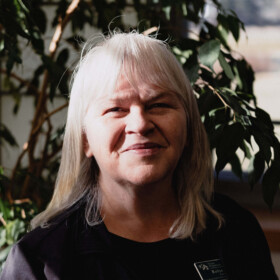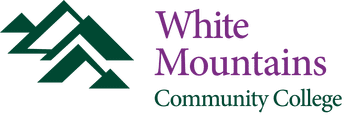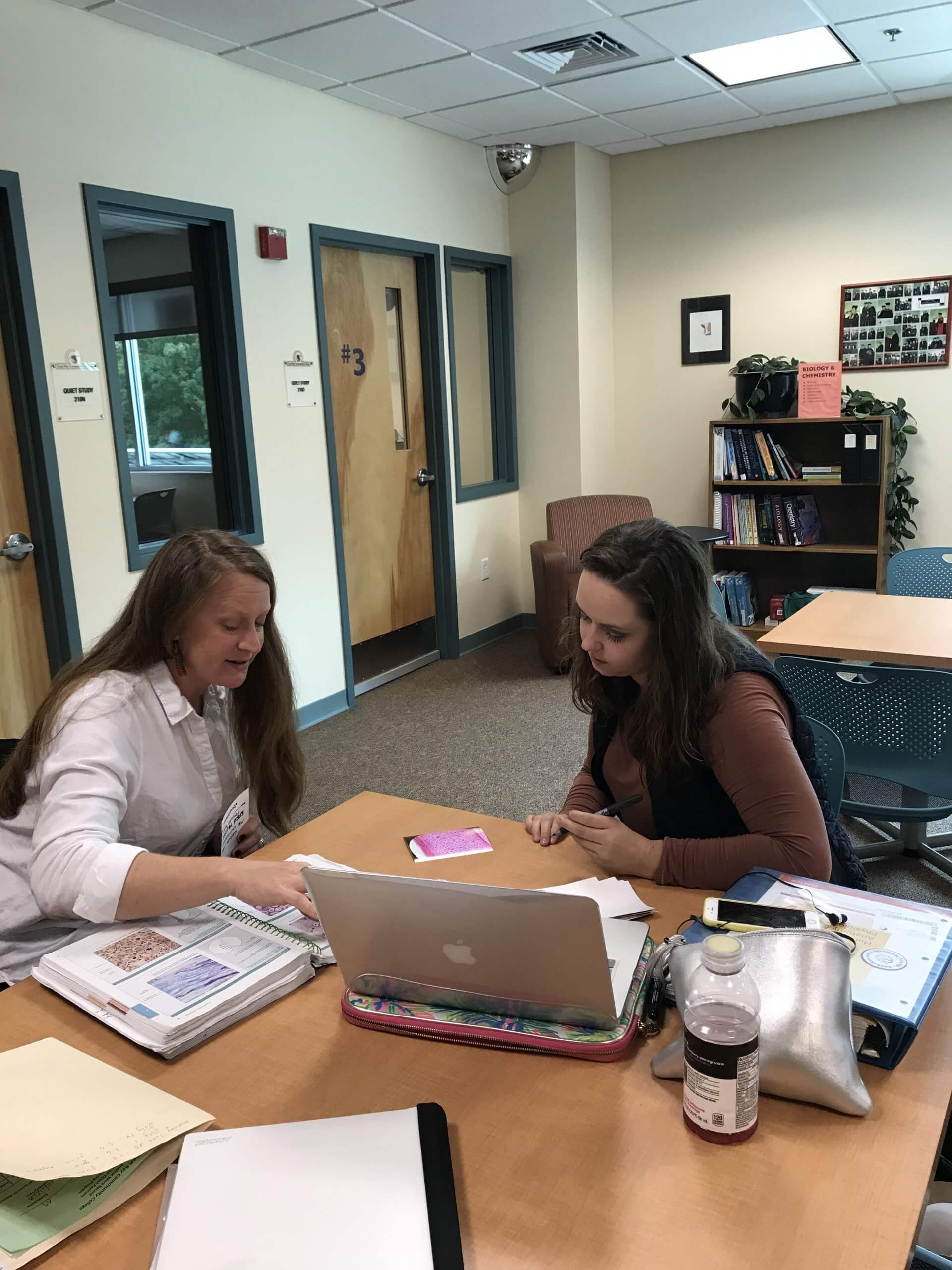Overview
Today’s integrated classrooms require teachers and paraprofessionals to have strategies addressing the needs of these classrooms. This Special Education certificate provides teachers and paraprofessionals with the knowledge, skills, and strategies to support students with disabilities. The curriculum for this certificate focuses on the origins of special education, the legal issues and strategies involved, and the techniques for teaching a diverse population. Students acquire proficiency in adaptive techniques, as well as strategies for building positive classroom and school environments for all students.
Health Considerations
Candidates for positions and careers in education should explore health requirements associated with employment in a school setting. Prospective students with special needs that may affect their learning are encouraged to contact the Disabilities Services Coordinator for accommodation options.
Character Expectations
The health and safety of children, adolescents, and other learners are of paramount concern to the program. Prior to employment, applicants for teaching positions in public and private schools in New Hampshire must undergo background checks through the New Hampshire Department of Safety. For admission into the Teacher Education associate degree, the Special Education certificate, and the Career and Technical Education certificate, applicants must likewise undergo national criminal background checks. The cost of the background check is the responsibility of the student. Applicants with a criminal record, depending on the nature of this record, may not be eligible for field experience or employment. Applicants are advised to discuss such matters during an admission interview to avoid confusion.
Technical Standards
Technical standards provide guidance to students about the skills and abilities they need to function successfully in the program and ultimately as teachers in the public and/or private school classroom. Applicants who suspect they may be unable to meet one or more of the technical standards should contact program faculty members to discuss their concerns. Program faculty considers all academically qualified candidates, provided that the technical standards can be met with reasonable accommodations. Students in the program must have:
- Sufficient strength, stamina, and motor coordination.
- Sufficient hearing and visual acuity to ensure a safe environment, along with an ability to respond quickly to emergencies.
- Sufficient verbal ability to express and exchange information and ideas, as well as to interpret important instructions to children, adolescents, colleagues, and parents.
- Sufficient writing skills to record students’ daily progress and milestones, and to compose a variety of reports.
- An ability to work with frequent interruptions, to respond appropriately to unexpected situations, and to cope with extreme variations in workload and stress levels.
This certificate is a prerequisite for the North Country Teacher Certification Program.
| Summer Semester | CL | Lab | Cr | |
| EDU200W | Supporting Students with Challenging Behaviors | 4 | 0 | 4 |
| EDU201W | Legal Issues in Education | 3 | 0 | 3 |
| Totals | 7 | 0 | 7 | |
| Fall Semester | CL | Lab | Cr | |
| ECE112W | Child Growth and Development | 3 | 0 | 3 |
| EDU101W | Introduction to Exceptionalities | 3 | 0 | 3 |
| EDU203W | Teaching Strategies for Students with Disabilities | 3 | 0 | 3 |
| Semester Total | 9 | 0 | 9 | |
| Spring Semester | CL | Lab | Cr | |
| ECE213W | Sociology of Children and Families | 3 | 0 | 3 |
| EDU210W | Foundations of Diversity | 3 | 0 | 3 |
| ENGL120W | College Composition | 4 | 0 | 4 |
| Semester Total | 10 | 0 | 10 | |
| Total for Certificate | 26 | |||
Program Outcomes
Upon successful completion of the program, graduates will be prepared to:
- Demonstrate knowledge of typical and atypical development and characteristics
of students with disabilities and other special needs. - Identify learning strategies and environments to meet diverse student learning
- Integrate best practices, apply learning theories, methodologies, technology
tools, and assessments across content areas to manage, monitor, and engage
student learning. - Demonstrate the ability to focus on student learning using technology tools
through reflection of one’s own teaching practices and through shared
knowledge gained from professional learning communities

Robin Scott
Social, Educational, and Behavioral ScienceProfessor of Education / Department Chair of Social, Educational, and Behavioral Science / Program Coordinator of Education
25-29 Credits Required
of students qualify for financial aid


